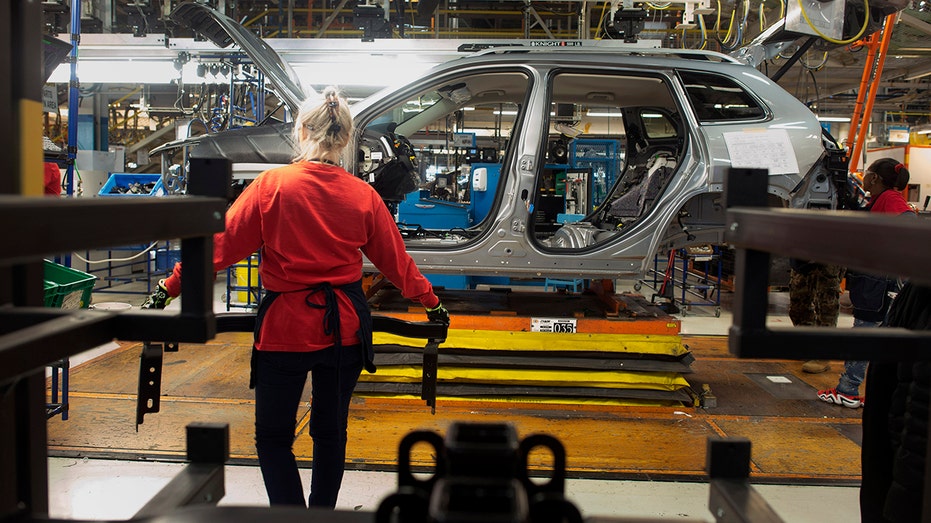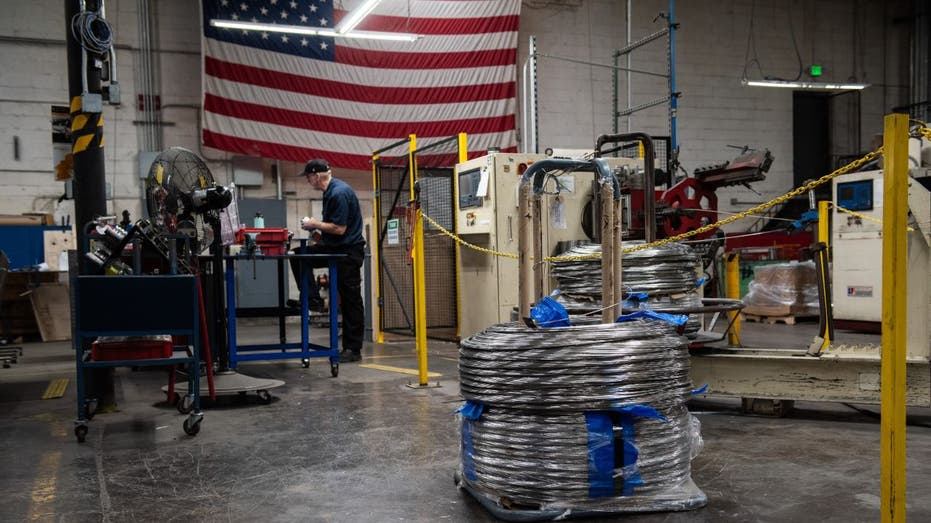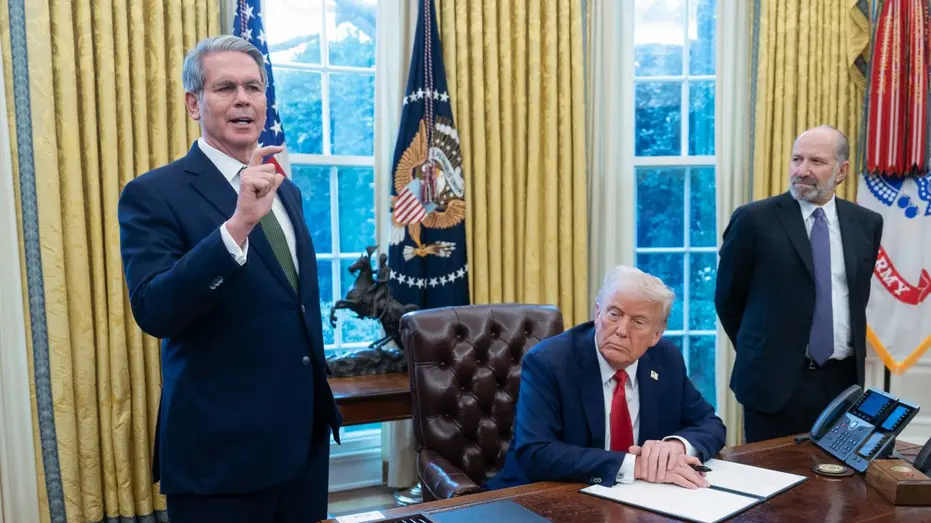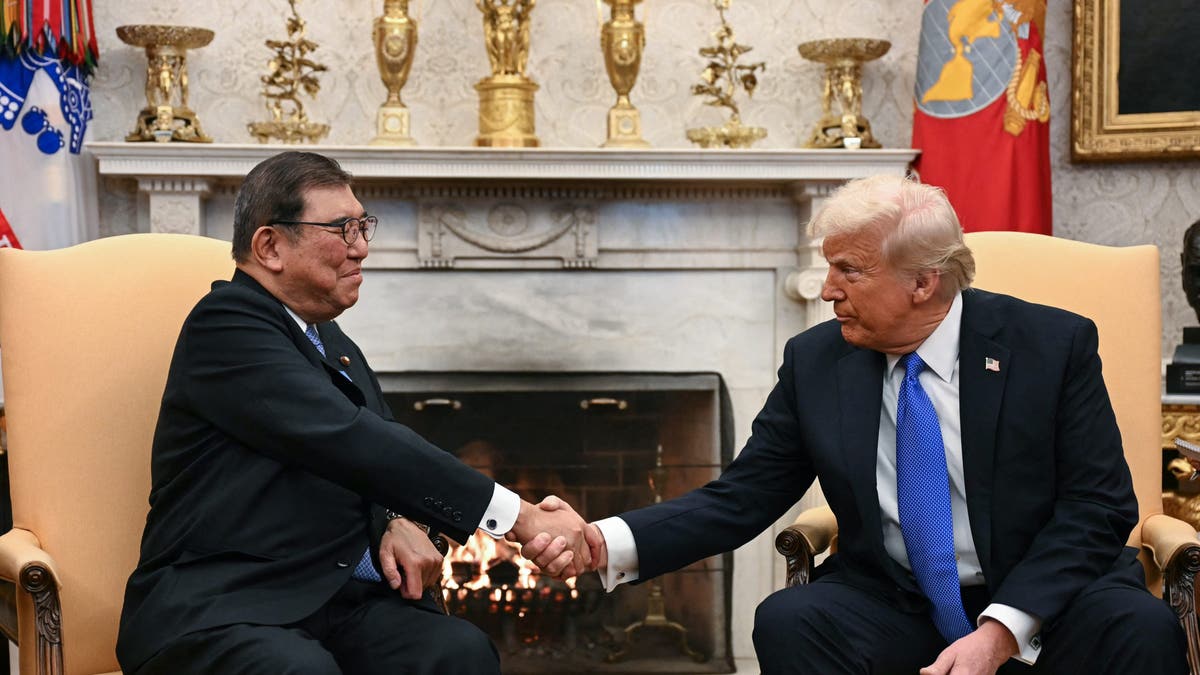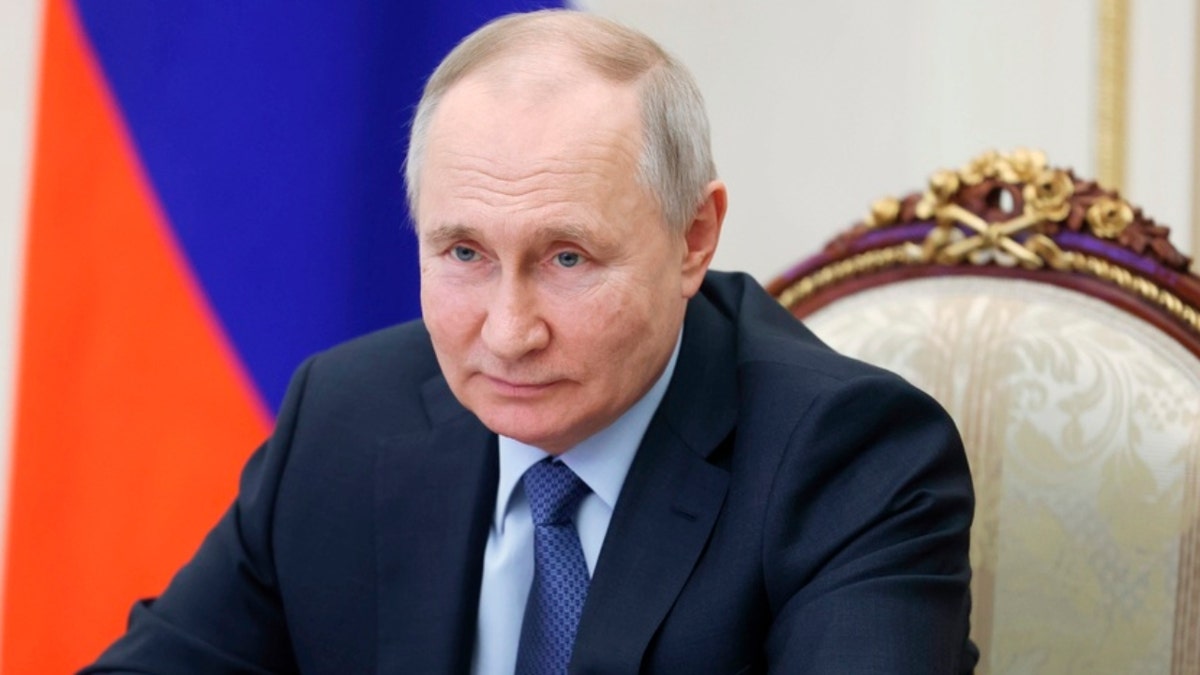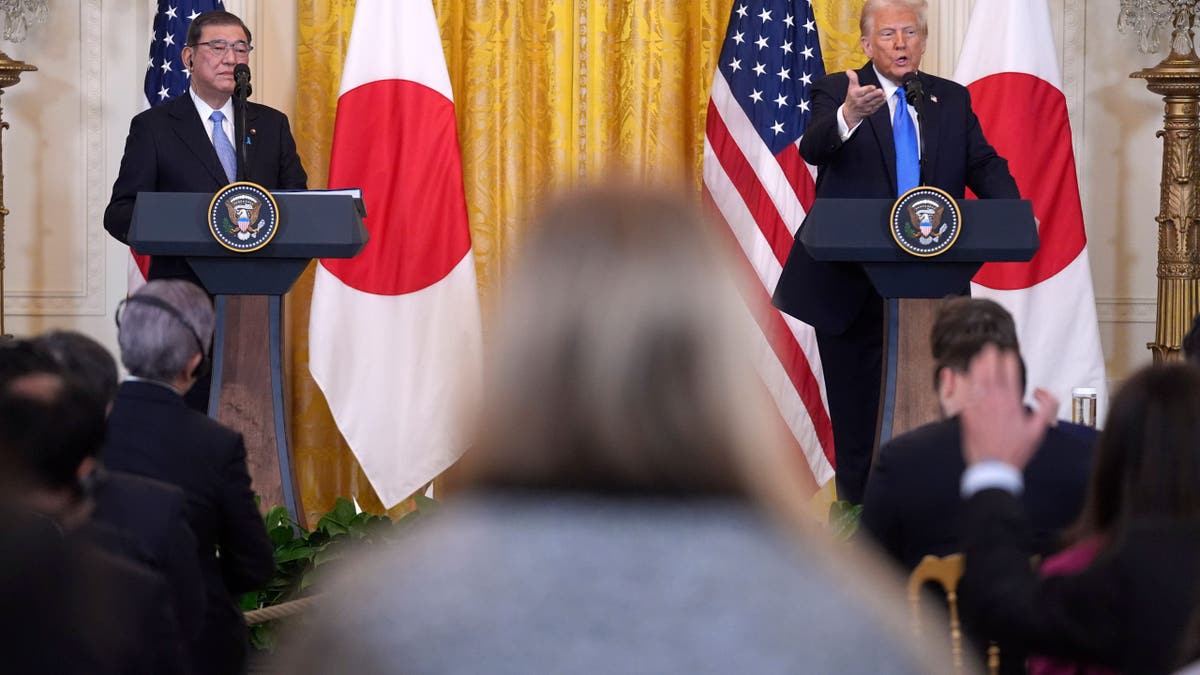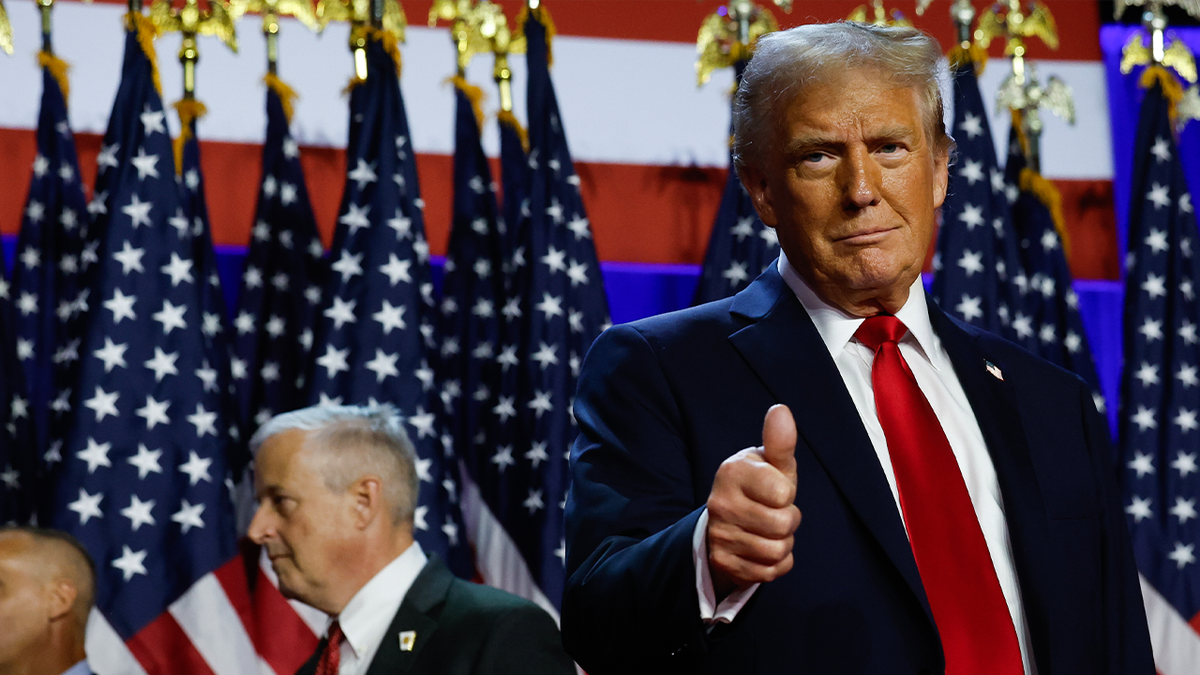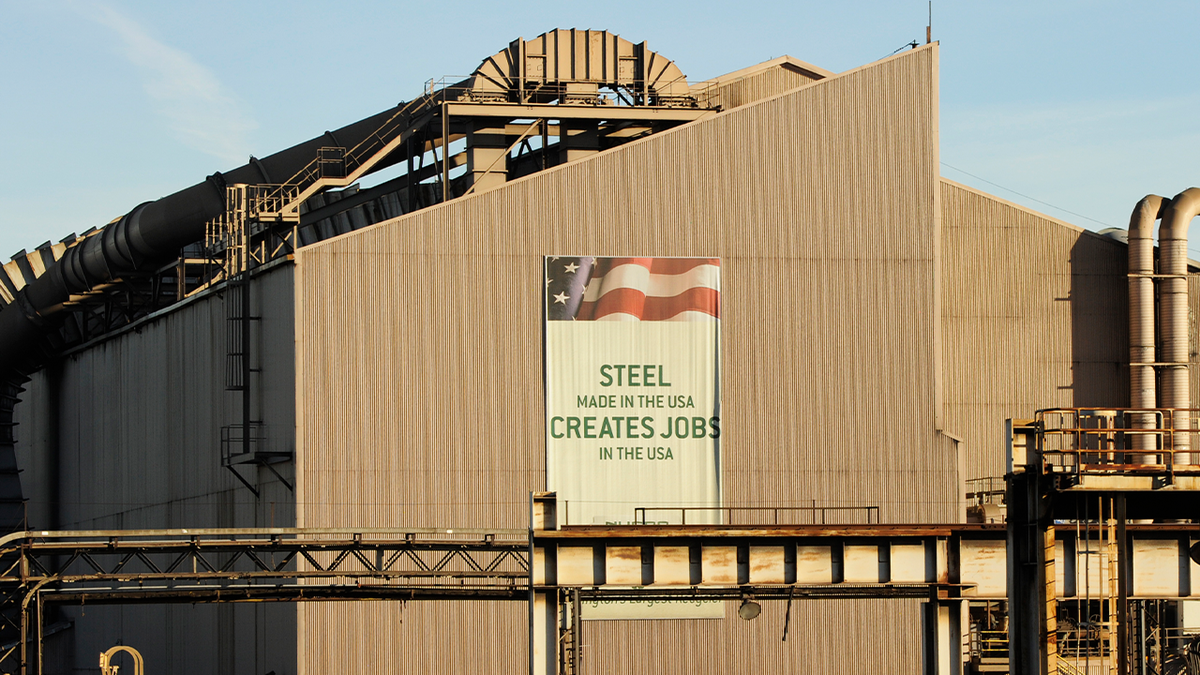FIRST ON FOX: President Donald Trump’s tariffs will be a boon for an Ohio-based steel mill and its employees, the CEO of JSW Steel USA, a subsidiary of a massive India-based steel manufacturer, told Fox News Digital in an exclusive interview.
“It’s a good piece of the formula that results in our company increasing utilization in the next 12 months, from 68% to probably 84%, and beyond that in years to come. So it’s a very exciting time for us,” JSW Steel USA CEO Robert Simon told Fox News Digital of Trump’s tariff plan in a phone interview on Thursday evening.
Simon has served as the CEO of JSW Steel USA since March of last year, bringing with him more than 30 years of experience in the steel industry. He spoke to Fox News Digital following Trump announcing his administration’s “fair and reciprocal plan on trade,” which he celebrated during a press conference as a project that will flood the U.S. with jobs as trading partners move their industries to U.S. soil to avoid tariffs.
JSW USA is a subsidiary of Mumbai-headquartered JSW Group, which owns India’s second-largest private steel company, JSW Steel. JSW USA has two steel locations in the U.S., one at Mingo Junction, Ohio, and another operation in Baytown, Texas.
TRUMP DETAILS HIS RECIPROCAL TARIFF PLANS, ASKS FOREIGN COUNTRIES TO ‘TREAT US FAIRLY’: ‘DELIVER RECIPROCITY’
JSW Steel USA CEO Robert Simon spoke with Fox Digital in an exclusive interview. (JSW Steel USA )
Simon told Fox News Digital that across his more than 30 years in the industry, U.S. steel manufacturers have complied with strict environmental and safety practices, and paid their employees fairly, while foreign steel manufacturers could skirt U.S. regulations while exporting their goods to the U.S.
“We, as steel producers, we paid our employees fair wages, treated them fairly, met some of the most – if not the most strict – environmental requirements in the world, and those practices in our markets, with the simple supply-demand equation establishes market pricing.”
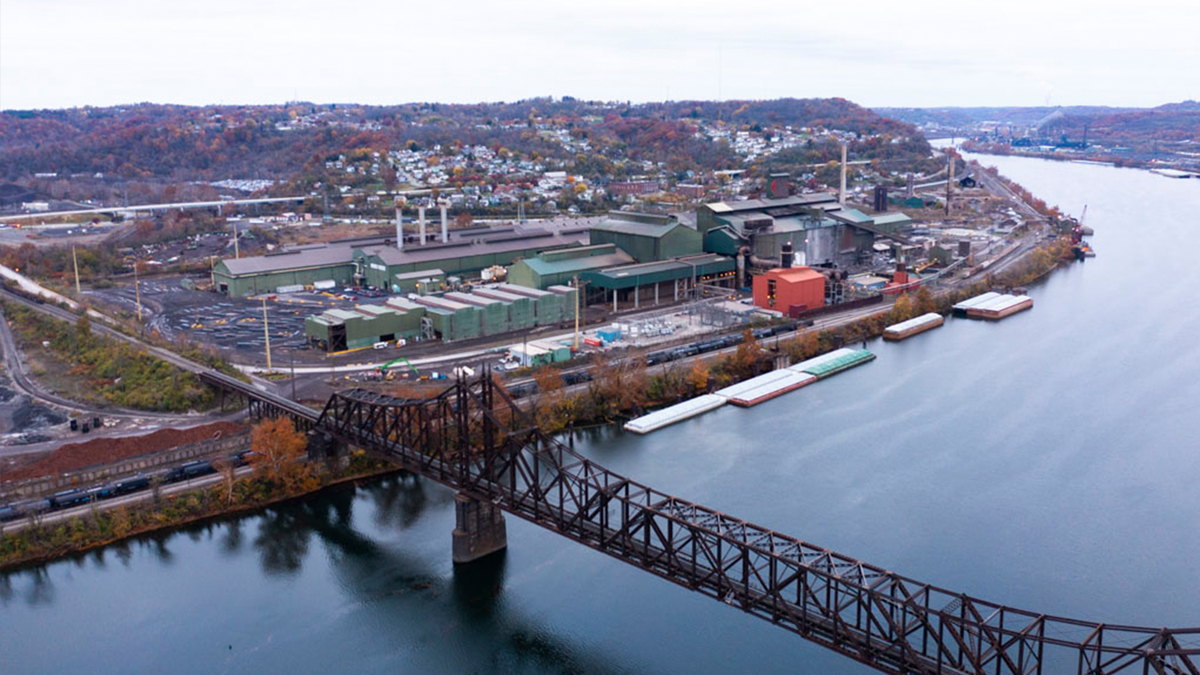
The JSW Steel USA facility in Mingo Junction, Ohio. (JSW Steel USA )
“The frustration is, how is it fair that others that don’t treat their employees the same way, don’t follow the same rules, don’t follow environmental practices… they get government subsidies. How is it fair that they can come into our markets and take market share when it’s not an equal playing field?” he said.
Simon said the Ohio plant alone will likely see a minimum increase of 100 jobs in the next year under Trump’s tariff plan.
“As you look at that increase in utilization coupled with the overall increase in production that we foresee in the next three to five years, we estimate, at a minimum, a 100 jobs increase in the next 12 plus months associated with that utilization rate increase,” he said.
WHO GETS HIT HARDEST BY STEEL AND ALUMINUM TARIFFS?
Trump’s administration issued a fact sheet last week restoring a 25% tariff on steel, which detailed “domestic steel and aluminum industries and achieving sustainable capacity utilization of at least 80%.” JSW Steel USA told Fox News Digital that they are already on track to increase their utilization rate from 68% to 84% – higher than Trump’s target number of 80%.
Under the first Trump administration, JSW Steel USA notably sued the federal government in 2019 over tariffs regarding imported steel-slab materials. The company now makes all domestic steel-slab materials as part of the JSW Group’s belief that its facilities both make products and supply the product in the communities they serve.
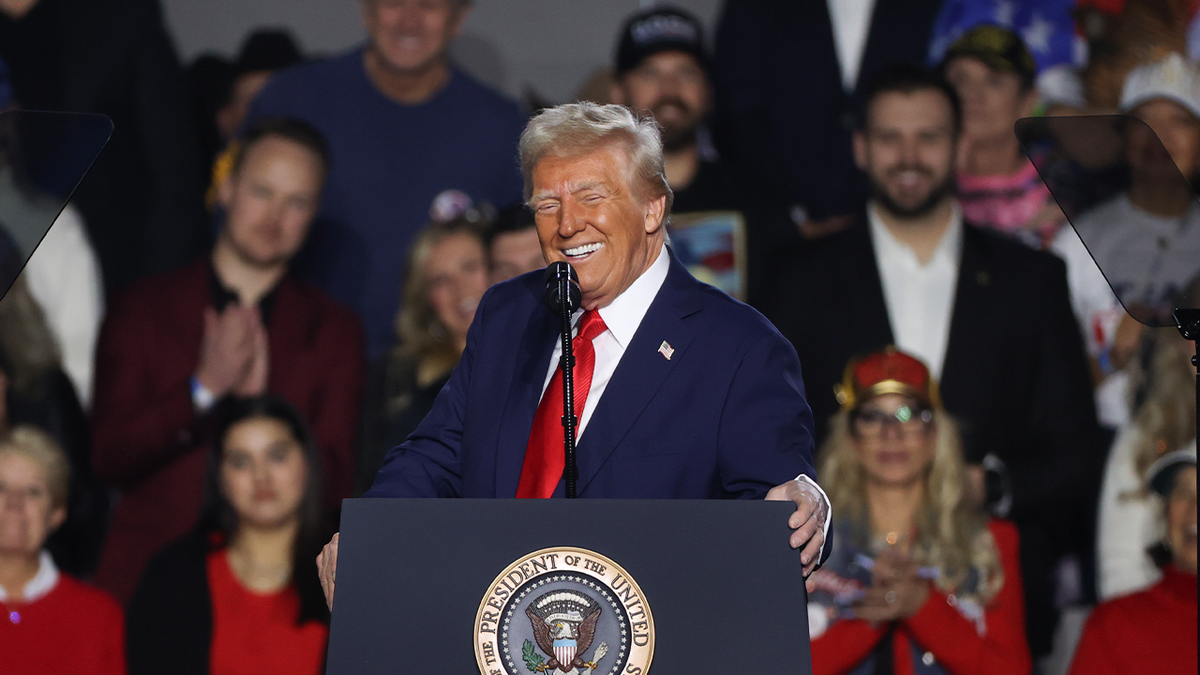
President Donald Trump speaks at a rally at Circa Resort & Casino on Jan. 25, 2025, in Las Vegas. (Ian Maule/Getty Images)
Simon celebrated in his comments to Fox Digital that Ohio families that had long worked in the steel industry are making a return to the factory as the industry reinvigorates under the first and second Trump administrations. JSW USA purchased the Ohio factory in 2018, after it had operated as a Wheeling-Pittsburgh Steel plant, but sat dormant for years.
TRUMP ADVISOR TEASES NEW ‘GOLDEN AGE’ OF U.S. STEEL AND ALUMINUM
“This is a company that had been shut down for over seven years, when we acquired it. We hired a workforce, trained a workforce, all from the local area. What’s really cool to see is we’ve got employees whose grandparents and great-grandparents worked in this same company, which ended up being shut down, and they’re part now of reviving that company and bringing it to an offering of products that’s extremely competitive and extremely impressive in terms of its value added products,” Simon said.
Trump announced a reciprocal tariff plan on Thursday, tapping Howard Lutnick, his nominee for commerce secretary, to produce a report on reciprocal trade relations within 180 days. Lutnik said Thursday that he will have the report ready for Trump by April 1.
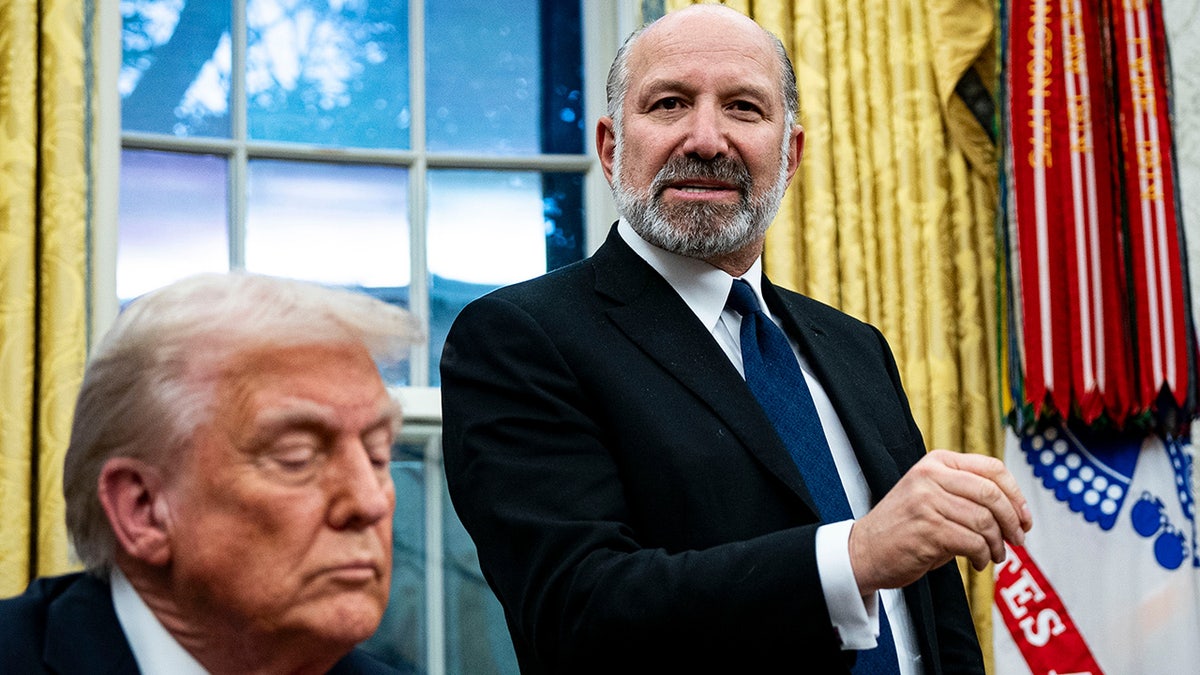
Howard Lutnick, commerce secretary nominee, joins President Donald Trump in the Oval Office of the White House on Monday, Feb. 10, 2025. (Al Drago/Bloomberg via Getty Images)
WHAT ARE TARIFFS, HOW DO THEY WORK AND WHO PAYS FOR THEM?
”On trade, I have decided for purposes of fairness, that I will charge a reciprocal tariff – meaning whatever countries charge the United States of America, we will charge them no more, no less. In other words, they charge us a tax or tariff and we charge them the exact same tax or tariff. Very simple,” he said at the White House on Thursday.
Trump touted that the plan will lead to a job boon in the U.S. as foreign trading partners move operations stateside to avoid the reciprocal tariffs.
“They can build a factory here, a plant or whatever it may be, here,” Trump said Thursday afternoon from the Oval Office. “And that includes the medical, that includes cars, that includes chips and semiconductors. That includes everything. If you build here, you have no tariffs whatsoever. And I think that’s what’s going to happen. I think our country is going to be flooded with jobs.”
Simon told Fox News Digital that Trump’s business and deal-making abilities are “obvious to everybody” as he whips through dozens of executive actions and orders in just a few weeks back in the Oval Office, remarking that it’s “pretty amazing.”
“It’s become obvious to everybody that Mr. Trump is not a politician, right, but, more of a business person stepping in and leading our country, from much more of a business perspective than as a career politician. Like it or not, for those folks that have different opinions, this results in very quick negotiations. I don’t think I’ve ever in my time here seen so much movement, so much decision-making, so many decisions being made in this shorter period of time since he’s been in office. It’s pretty, pretty amazing,” he said.
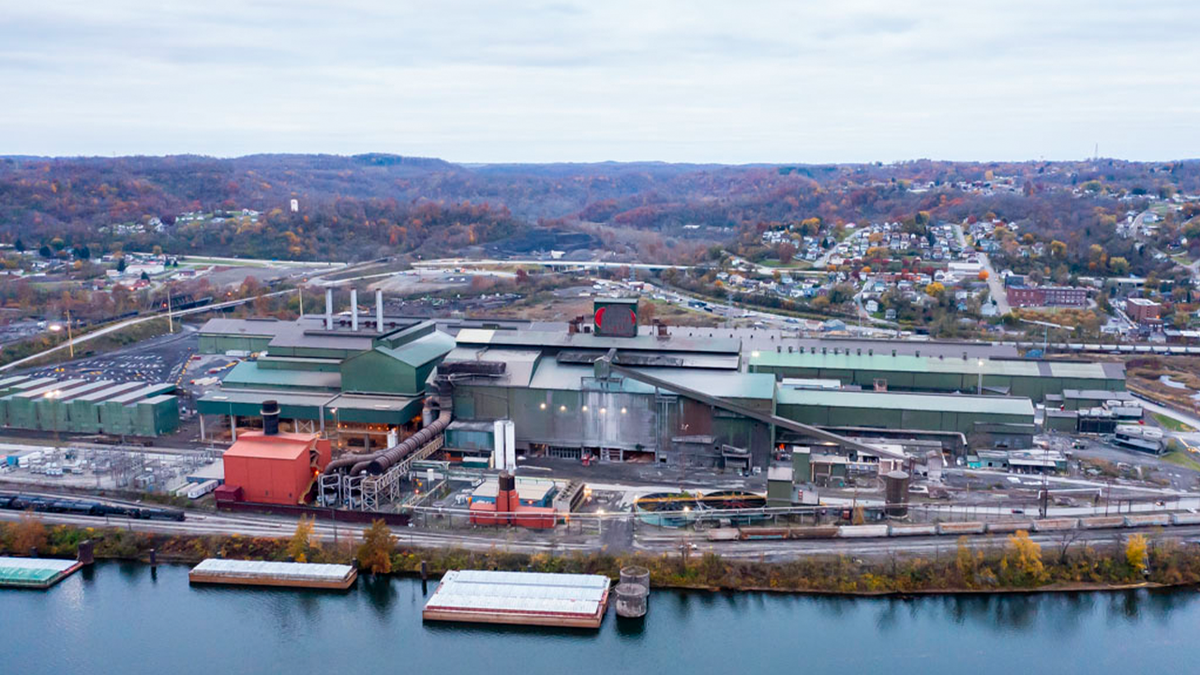
JSW USA purchased the Ohio factory in 2018, after it had sat dormant for years. (JSW Steel USA )
CLICK HERE TO GET THE FOX NEWS APP
Trump also met with Indian Prime Minister Narendra Modi on Thursday, and the two discussed trade, the economic relationship between India and the United States and military sales. The pair also “committed to drive opportunities for U.S. and Indian companies to make greenfield investments in high-value industries in each other’s countries,” including naming JSW’s operations at Texas and Ohio as a prime ongoing investment in the U.S., according to a joint statement from the two nations.

President Donald Trump and India’s Prime Minister Narendra Modi shake hands during a news conference at the White House, Thursday, Feb. 13, 2025. (AP Photo/Alex Brandon)
“The steel tariffs enacted by President Trump are a necessary step in leveling the playing field for American steelworkers and manufacturers. Foreign competitors fail to protect their workforce at the same safety standards, do not compensate them fairly, and produce steel that contributes to environmental degradation, all the while, seeking to flood the U.S. market, taking advantage of our strong economy, driving a collapse of our markets in the process,” Simon added in comment provided to Fox Digital.



